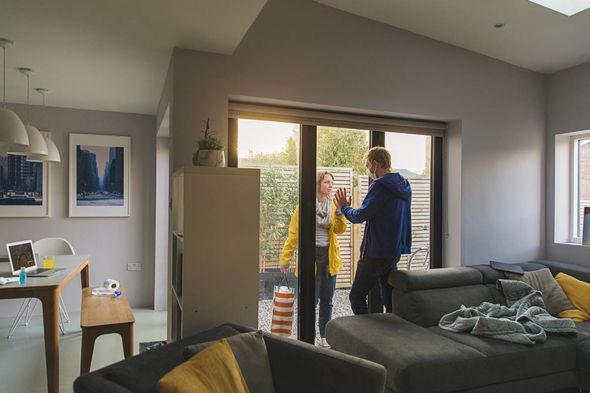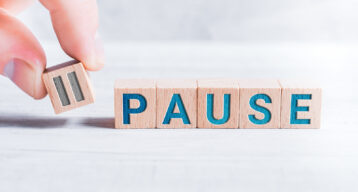
by Staff writer
Quarantine Wellbeing – Mental health tips for Social Isolation
No matter who you are or what you do, it is inevitable that during the pandemic of COVID-19, and the social countermeasures that have been implemented to combat it, we have had to incorporate significant changes into our daily life for the foreseeable future.
Perhaps the most unsettling aspect of this situation is the near-constant dual-state of emergency and banality that we find ourselves in. Across the world, countless people are isolated or even quarantined in their homes, attempting to adjust to long-distance work or socialising while trying to balance financial, material and emotional resources, attempting to stay safe at the same time as caring for the most vulnerable among their families and friends. Meanwhile, there are long hours where we may feel completely devoid of any stimulation.
This combination of anxiety and lack of activity or direction with no clear end point make it likely that your mental health and emotional wellbeing will suffer in some way. There is no shame in struggling at the best of times, but especially so while we are all under this particular sort of unusual, persistent and unfamiliar strain.
When your familiar routine is unexpectedly disrupted, it can become difficult to reconstruct a sense of normalcy and variety in its place. For example, if you’re suddenly no longer able to respond to stress by unwinding in the ways that you’re used to, you’re likely to become frustrated and listless.
It’s worth mentioning that for lots of people, a period of indoor isolation might present a welcome relief from the relentless daily grind. Still, a protracted lack of sunlight, fresh air, physical exercise and enrichment can become deeply unfulfilling in its own way after a while. Luckily, there are many techniques which can be helpful in understanding how this feeling sets in, and how to plan around it.
Firstly, consider whether the activities that fill your day are active or passive ones. It’s important to recognise how much of each you’re doing, because an imbalance can cause you to become burnt out or listless. An awareness of this can be extremely beneficial for everyday life under normal circumstances, but it’s essential during quarantine.
Passive activities involve minimal effort or planning, and include watching TV, napping, or aimlessly browsing the internet. These will help you to unwind and pass the time while your mind is switched off and relaxing.
Active activities are ones that require deliberate effort, decision making, or learning. They use up your energy and focus, while giving you a sense of accomplishment and recognition as you progress with and complete them.
If you do too much passive recharging without mixing it up with something challenging, you will begin to feel disconnected and depressed. Conversely, if you go for too long doing active work without a break, you will become exhausted. Make sure to prepare a list of different active and passive things you can fill your day with, or switch to when one becomes boring or tiring.
The other critical factor in maintaining emotional wellbeing is social interaction. Humans are communal creatures and we aren’t meant to go for prolonged periods without peer contact. Social interactions can be active or passive in nature, but likewise need to be balanced out with alone time.
Different people will need different baseline amounts of time spent keeping busy, relaxing, socialising and being alone, but we all need to experience a meaningful period of each frequently, ideally at least a little per day. One aspect of modern life in which it’s extremely relevant to factor in these needs is in our use of social media.
During a period of isolation, it’s a very good idea to limit social media usage to explicitly social purposes. It can be very easy to use social media for passive recreation by scrolling endlessly through updates in your news feed. As discussed above, when this restful habit is indulged without any clear end point, the potential for stagnation is severe.
Instead, it may help to commit to keeping these apps and websites open only for the purpose of messaging, calling or web-chatting your friends and family. Breaking up the lonely hours with familiar faces and voices can keep your environment from seeming too emotionally isolating.
Similarly, if there are any regular social gatherings that you would normally meet people outside the house for that you’re missing, why not try hosting them online instead? It may seem strange at first to try substituting an evening at the pub for a group skype hangout, but certainly not the strangest thing to happen in the last fortnight.
For many people it would be extremely beneficial to include the above suggestions into a set routine. This doesn’t have to be followed strictly or filled out in comprehensive detail, but can still serve as an invaluable good point of reference to structure your day.
Becoming desynchronised in your sleep patterns in particular can have a disastrous effect on your wellbeing, so wherever possible try to keep to your regular sleep pattern – go to bed and wake up in the morning when you normally would.
Finally, a great way to schedule in regular active pursuits for your week if you aren’t doing your regular work from home could be committing to start a project or learn a new skill. You may also find it helpful to keep a record of your time in isolation, to track what you’ve managed to accomplish, or what you have enjoyed each day. This can help prevent the days from blending together, and help you to maintain a sense of perspective.


